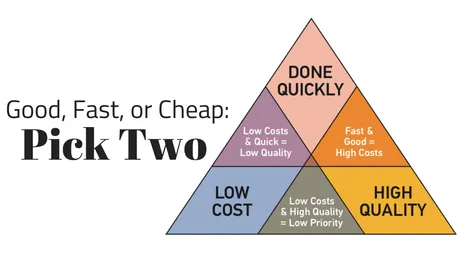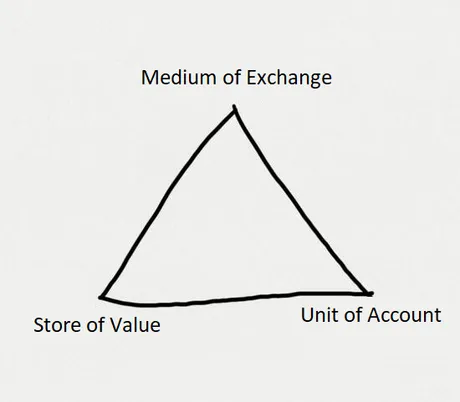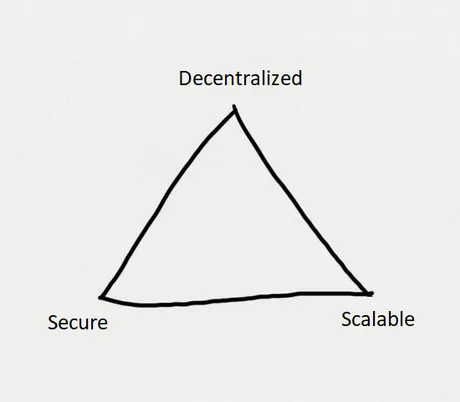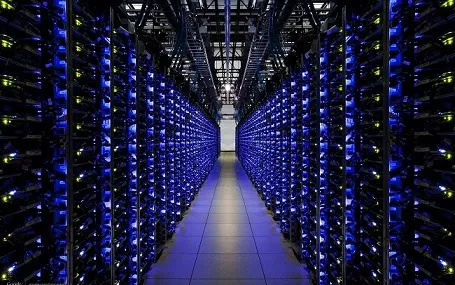
"You can't have it all."
This choose two problem extends back quite far back into history. Not really sure when it began, but it is a classic scarcity/priority issue that extends into almost all parts of our lives. Priorities must be set. Sacrifices must be made. Resources are scarce. We can't have everything at once.

However, clearly the triangle doesn't take everything into account. It inherently assumes that we can not find balance. It inherently assumes that no one will be the jack-of-all-trades and do a little bit of everything. Clearly that is false, but the concept is still sound. We can't have the best of everything. Or can we?

Like... is it really that difficult to have good grades, a social life, and get 8 hours of sleep? Seriously, people take the triangle too far. Obviously we can have all these things and more.

This one is particularly toxic gamer shit. Like, yeah... if you play video games 8 hours a day that might cut in to other stuff. Obviously. I simultaneously identify with this one, and am also disgusted by it.

Can Crypto have it all?
I've actually already brought up the trilemma multiple times in other posts, but I've never actually investigated the trilemma itself. Wow... looking at that post it was right before the hostile takeover split into Hive. Crazy stuff. Blast from the past.
Here's a more recent post where I explain how we can have it all with crypto. Technology is creating a situation where everything is getting an upgrade. We no longer have to choose two. We can have it all. This is especially true when we look at the entire cryptoverse as a whole. Even if Bitcoin is always going to be a poor unit of account, it has very strong liquidity pools to other tokens that easily could be.
In fact, unit-of-account is going to go down in history as the most epic upgrade to crypto ever. It is the one thing holding us back and the most difficult to achieve. So difficult, in fact, that most people just piggyback off of USD because no one is looking to reinvent the wheel just yet. The more USD starts failing us the more incentive we have to create a unit-of-account coin ourselves. The secret lies somewhere in DEFI and elastic supply, that much is certain.

This is the triangle I wanted to talk about all along.
This is the reason I created the post in the first place. Super smart nerds like Vitalik even reference this triangle, but is it really valid? I think not!
Decentralization and security are the same thing.
In crypto, there is no trilemma.
There is only scaling vs security.
Decentralization and security boil down to the same thing.
Decentralization is security.
Security is decentralization.
They are so intertwined they don't count as two separate things.
For example, how would one go about sacrificing security for decentralization? Vice versa, how would one sacrifice decentralization for security?
Another way to look at it:
How would one sacrifice security for scalability without also sacrificing decentralization? How would one sacrifice decentralization for scalability without also losing security? How would one sacrifice scalability for security or decentralization without affecting the other variable? It's like the people who painted this particular triangle didn't even think about what they were saying but they keep repeating it all the same. Kinda mind blowing considering how smart these people are and how much theory crafting they've done.

Trying to come up with an example.
Let's say it was really easy to mine a Bitcoin block. Instead of it taking 10 minutes to mine a block on average, lets say they reduce that to something like 1 second. The Bitcoin blockchain would still be decentralized and would become more scalable, but it would indeed lose security (sort of).
Of course... it wouldn't really lose security on something like a centralized exchange, because a centralized is still going to wait 30 minutes so that enough confirmations have gone through that it's nearly impossible to roll back the chain. So again... is this really a valid example?
What about Hive?
If we turned the top 20 consensus witnesses into the top 100 consensus witnesses, we gain decentralization, but perhaps we lose security because the top 100 are not as trustworthy. Perhaps this is a valid example. But still, these examples seem very niche and borderline nonsensical. For the most part, decentralization and security are linked at the hip.

What about Blurt?
For those of you who weren't around for the hostile takeover, Blurt was a fork of Steem that came about to stop the "theft of funds from particular users". Sounds like a good idea right? It was a terrible idea.
In any case, due to technical difficulties, Blurt removed resource credits entirely. Theoretically this lowered security and increased scaling. Shoot, I guess that's not the example I was looking for. Never mind :D
They also centralized the power to a single arbiter which kills decentralization entirely. On a very real level it's just a matter of opinion. We could argue this is less secure because centralized, and we could argue it's more secure because centralized leadership during a crisis can sometimes be the difference between life and death. Just something to think about. Much of this is just opinions of the theory-crafters and doesn't really apply in the real world until we actually test it out.
Conclusion
We are entering an age of abundance where the trilemma of scarcity no longer applies. We really can have it all. We just have to keep grinding and upgrading these things so that they are superior in every way to the legacy systems in place. It's not only possible, it's guaranteed to happen given a long enough timeline.
Sure, once crypto takes over, then we can boot up the argument all over again and start comparing crypto vs crypto and whatnot. That's not a relevant argument at the moment. It's crypto vs fiat. We can turn on each other after we win the real war. Or perhaps that sentiment is rooted in the old ways of the past that are about to become antiquated forever. One could hope.
Posted Using LeoFinance Beta
Return from The Choose-Two Trilemma to edicted's Web3 Blog
